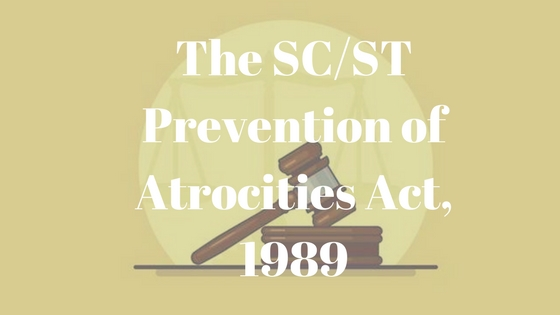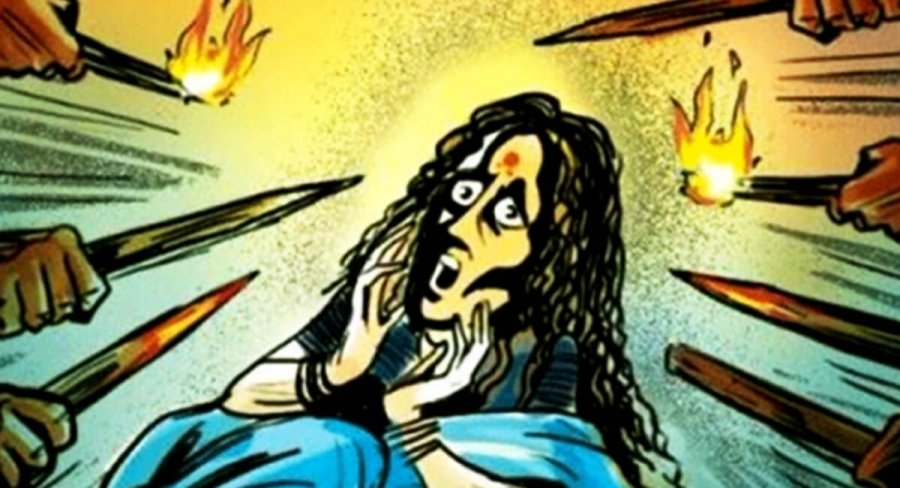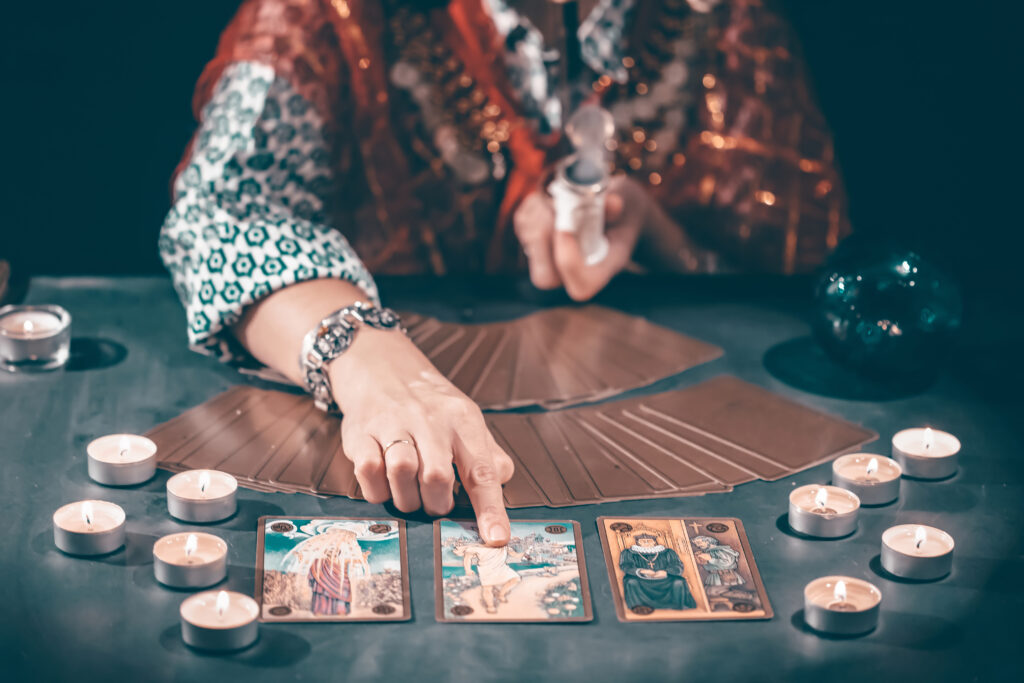Dear Vogue India,
I am addressing a deep concern to you regarding your recent article, “Tarot is Turning into a Safe Haven for the Queer Community in India.” While the exploration of community and support systems for marginalized groups is valuable, the uncritical glamorization of mystical practices like tarot raises serious ethical and societal concerns, particularly in the context of India’s complex history and ongoing struggles with caste prejudice.
My primary concern lies in the potential harm such articles can inflict upon the Schedule Caste (SC) community. Historically, accusations of witchcraft have been weaponized against Dalits as a tool for oppression and violence. Even today, as evidenced by the Scheduled Castes and Scheduled Tribes (Prevention of Atrocities) Act, 1989, such accusations remain a form of punishable discrimination. Acts like garlanding with chappals, tonsuring heads, and calling someone a “witch” are explicitly recognized as offenses under this act.

By glossing over the dark history of these practices and their continued impact on the SC community, your article risks perpetuating harmful stereotypes and legitimizing the very attitudes that fuel discriminatory violence. Presenting tarot and other forms of mysticism as unequivocally positive tools for empowerment without acknowledging their potential as instruments of prejudice creates a dangerous gap in responsible journalism.
The article presented a narrative that Dalit communities have a history of witchcraft.
Explains Shreya Jauhari, the founder of spiritual small business Amrapali which provides tarot, crystal and oracle readings, “I started doing tarot when I was 19 but I was always familiar with spiritual practices ancestrally. I come from a Dalit family and we have a history of working with gods and witchcraft.”
Not only it is untrue, such a statement is liable for punishment under Section 3(1) (zb) of POA: “causes physical harm or mental agony of a member of a Scheduled Caste or a Scheduled Tribe on the allegation of practicing witchcraft or being a witch;
It is crucial to understand that for many Dalits, the specter of witch-hunting remains a chilling reality. Invoking mystical concepts of “cleansing” or “banishing negativity” in the context of marginalized communities carries a heavy, potentially triggering weight. The power dynamics inherent in such practices, with individuals claiming mystical authority over others, can further exacerbate existing power imbalances and vulnerabilities.

Therefore, I urge Vogue India to take the following steps:
- Issue a public statement acknowledging the potential harm caused by the article.
- Commit to engaging in responsible discussions about the intersection of caste, superstition, and marginalized communities.
- Prioritize critical analysis and ethical considerations when exploring mystical practices in future articles.
Our media landscape plays a crucial role in shaping public discourse and societal attitudes. By promoting inclusive and informed dialogue, we can collectively work towards dismantling harmful stereotypes and building a more just and equitable society for all, especially those who continue to bear the brunt of historical and ongoing prejudice.
I trust that Vogue India will engage in this necessary dialogue with the sensitivity and responsibility it deserves.
Sincerely,
Geetika Arya
Rishab Dahiya


